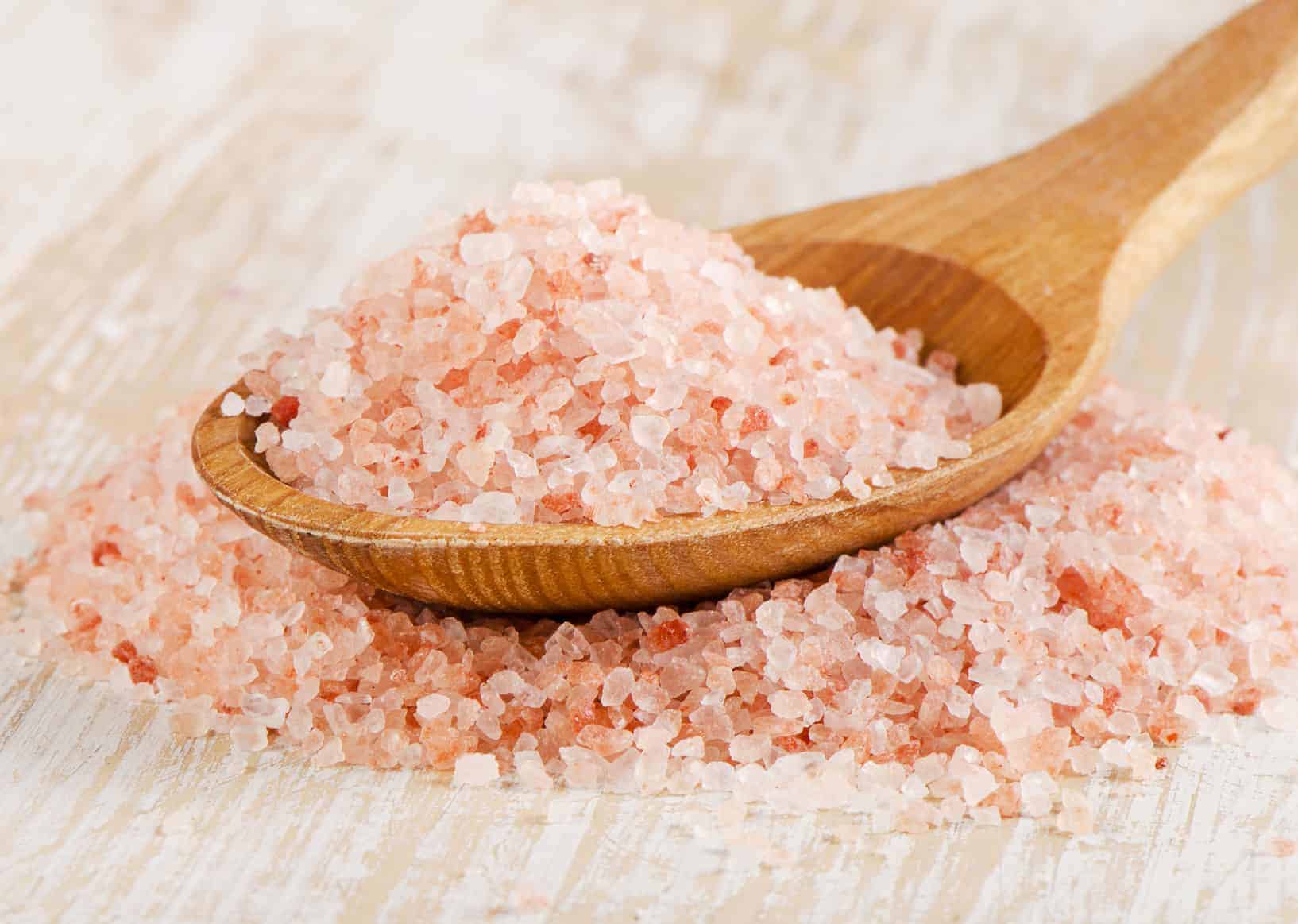You may have heard of Himalayan salt before. But you might wonder what exactly makes it superior to sea salt or table salt? Well, for starters, Himalayan salt contains 84 trace minerals that we need for survival, including calcium, sulphate, potassium, magnesium, and sodium chloride. Himalayan salt does not go through nearly the same amount of processing as sea salt and table salt. That means it offers more nutritional value per serving.
Himalayan salt, as you might’ve guessed, comes from the Himalayas in Pakistan, and doesn’t have the same exposure to pollutants and toxins in the environment since it must be obtained from underground. Workers hand-mine it, hand-crush it, and wash it thoroughly. Then, they dry it in the sun and put it into bottles for transport. On the other hand, sea salt and table salt go through tremendous processing and heating, which strips the salt of most minerals. Also, table salt contains additives to prevent clumping, which makes it unhealthy to consume in large quantities.
Here are 5 things that happen to your body when you eat Himalayan salt:
So, now that you know that Himalayan salt contains far more nutritional value than other types of salt, let’s talk more about the benefits of Himalayan sea salt.
1. It regulates water in the body
Sodium plays a critical role in maintaining optimal functioning of your nerves, muscles, and other body tissues. Salt, an electrolyte, helps to carry out electrical impulses within the body, and actually controls our thirst mechanism. Therefore, if you don’t consume proper amounts of salt, you won’t get nearly the amount of water that you need. Having enough water in your body allows your kidneys to retain the proper level of electrolytes as well. Therefore, consuming a moderate amount of Himalayan sea salt will help you to consume enough water, and keep your electrolytes balanced.
2. Himalayan sea salt lowers blood pressure
I know what you’re thinking – doesn’t salt actually increase blood pressure?! Actually, according to a groundbreaking European study that measured salt levels in people’s urine over an eight-year period, more cardiovascular deaths occurred in people with low salt levels than those with higher amounts of salt in their bloodstream. Published in the Journal of the American Medical Association, the researchers found no correlation between higher salt intake and hypertension risk.
After following up with the participants in the study, researchers found that 50 people with low urinary sodium died, compared with 24 deaths among those with moderate urinary sodium, and only 10 deaths among those with high levels of urinary sodium.
However, regarding this study, it’s important to remember that you still should monitor your salt intake, but salt is vital to the regulation of blood pressure, and can lower it if eaten moderately.
3. It prevents muscle cramps
This refers to electrolyte levels in the body, which can change dramatically when you exercise. Sweat contains salt, and when your sodium levels drop too low, it can result in muscle spasms and contractions. Therefore, if you exercise regularly and rigorously, Himalayan sea salt can help you maintain proper electrolytes in the body. Additionally, they may prevent painful muscle cramps and excessive sodium loss. This explains why sports drinks such as Gatorade (not recommended by us, by the way), contain high levels of salt to replace what you’ve lost during a workout.
Like we said before, sodium helps to maintain a healthy nervous system. Thus, having low sodium levels results in twitching and cramping muscles. So, another benefit of Himalayan sea salt is the maintenance of the nervous system plus helping to prevent muscle cramps.
4. Himalayan salt balances your pH levels
Our body’s normal pH level is around 7.4, however, anywhere between 7.0 and 7.7 is generally healthy. Because Himalayan salt contains 84 trace minerals that can be found within our bodies, it perfectly matches our natural pH level. We have an alkaline pH, just like Himalayan salt. So, if your body’s pH is more on the acidic side, Himalayan salt can help to stabilize it.
5. It keeps your bones strong
While having a diet too high in sodium can actually leach calcium and potassium from the body, eating just the right amount of salt balances these minerals in the body, which promotes healthy bones. According to this study published in the Journal of Nutrition, we need a perfect balance of potassium and sodium bicarbonate in our blood to maintain healthy bones. They recommend eating mostly fruits and vegetables; however, adding Himalayan sea salt to a salad or cooked vegetables at night will ensure you get enough sodium in your diet, plus make the vegetables more appetizing if you don’t find them enjoyable by themselves.
















